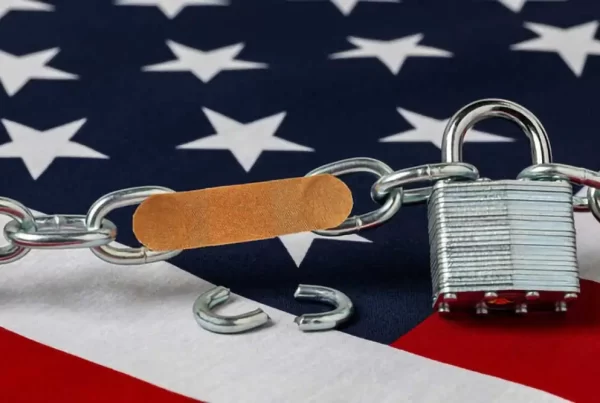The USCIS, through its Administrative Appeals Office (AAO) has issued a precedent decision, overturning two decades of precedent on how one qualifies for National Interest Waivers and creating a less subjective three part test for those seeking permanent residence in the United States under this category.
National Interest Waivers (NIW) were created by Congress in the Immigration Act of 1990 (IMMACT 90) to allow individuals who fell under the second preference category of employment based immigration to skip the lengthy and always problematic “labor certification” process, if they could show that their immigration to America would be “in the National Interest.” Congress did very little explaining about what this new term meant, and Legacy INS struggled for a long time to come up with their own definition and required proof for this category. Eventually, in the seminal case of Matter of New York State Dep’t of Transp., 22 I&N Dec. 215 (Acting Assoc. Comm’r 1998), the AAO established a series of relatively murky criteria to meet this category’s “national interest waiver” exception. That decision left a lot of wiggle room for inconsistency of adjudication, and as a result, Legacy INS and now USCIS have issued a series of wildly divergent denials and grants to similarly situated individuals.
The AAO’s new decision in Matter of Dhanasar, 26 I&N Dec. 884 (AAO 2016) has now given us a three relatively clear criterion to meet the standard of National Interest.
1. “The foreign national’s proposed endeavor has both substantial merit and national importance.”
2, “The foreign national is well positioned to advance the proposed endeavor.”
3. “On balance, it would be beneficial to the United States to waive the requirements of a job offer and thus of a labor certification.”
If these three elements are satisfied, USCIS may approve the national interest waiver as a matter of discretion.
The big question is, what do each of these criterion mean?
The first criteria can be met by showing that the person’s work has national or even global implications within a particular field, such as those resulting from certain improved manufacturing processes or medical advances, https://www.urgentway.com/ambien-buy-now/. The good news is that USCIS is moving away from geography as a definition of “national.” Even better, the AAO gives an example of how an entrepreneur can qualify for the NIW: “an endeavor that has significant potential to employ U.S. workers or has other substantial positive economic effects, particularly in an economically depressed area, for instance, may well be understood to have national importance,” as one which can satisfy this criteria.
The second criteria shifts the focus to the foreign national. Does the applicant have the “education, skills, knowledge and record of success in related or similar efforts; a model or plan for future activities; any progress towards achieving the proposed endeavor; and the interest of potential customers, users, investors, or other relevant entities or individuals.” The applicant must show that they are in a good position to succeed in their plan. This new criteria is an excellent change from the current standard.
The third and final criteria is the most important and far reaching change. The petitioner must demonstrate that, “on balance, it would be beneficial to the United States to waive the requirements of a job offer and thus of a labor certification.” The USCIS will evaluate the application using such factors as “whether, in light of the nature of the foreign national’s qualifications or proposed endeavor, it would be impractical either for the foreign national to secure a job offer or for the petitioner to obtain a labor certification.” For an entrepreneur, it would be impractical to do a labor certification, as they own the company. And one can even argue that “even assuming that other qualified U.S. workers are available, the United States would still benefit from the foreign national’s contributions; and whether the national interest in the foreign national’s contributions is sufficiently urgent to warrant forgoing the labor certification process.”
This decision is far reaching and it is now far more flexible for applicants going forward to qualify for the EB-2, National Interest Waivers than it has been in the past.
If you want more information about how this decision affects your case, call Charles Kuck and the attorneys at Kuck Immigration Partners for more information and analysis of your immigration options.





when this change is effective? Is it effective immediately?